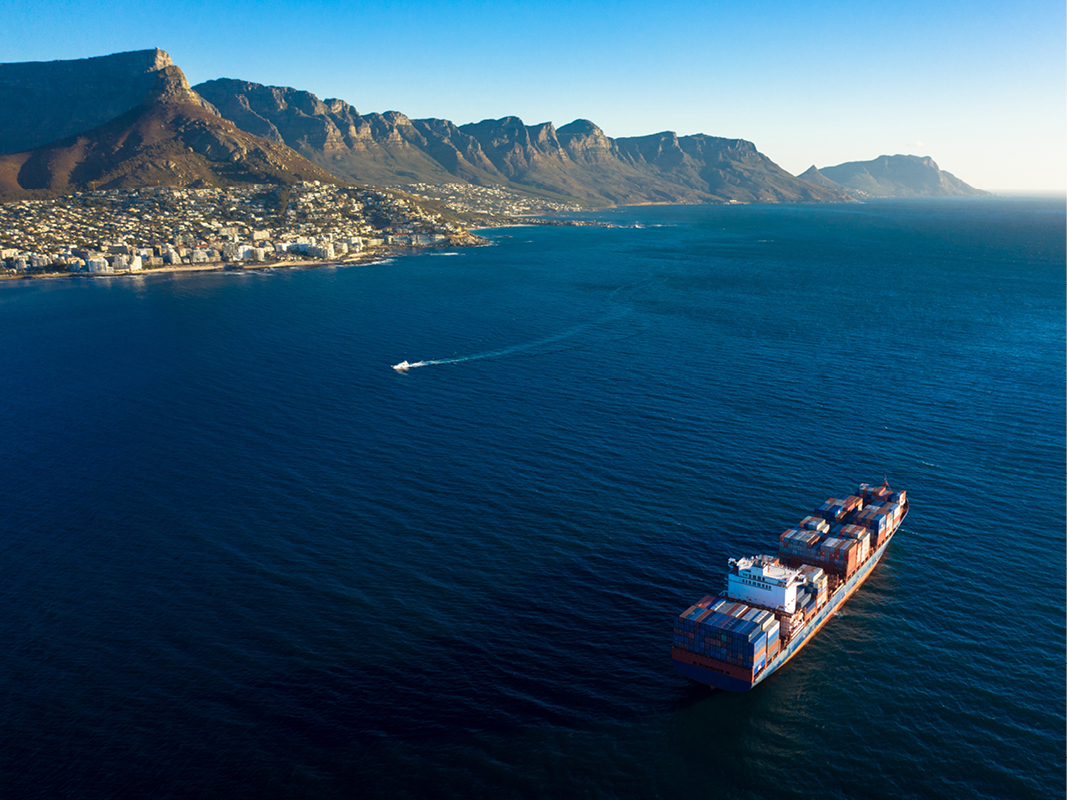
Vinpro calls on SA government to make sustainable policies to help recovery
The South African wine industry has called on the Government to include sustainability in its plans to help in the recovery and growth of the sector and country.
It has asked the Government to help rebuild the wine sector towards a sustainable future by creating an enabling environment through sound policy decisions, infrastructure investment, stricter enforcement with regard to illicit trade, as well as financial support and relief.
As the Covid-19 pandemic hit the country in 2020 the Government decided to implement alcohol bans across the country and export bans, which had a negative effect on wineries’ sales volumes and led to higher stock levels.
Earlier this year Vinpro, the non-profit company, which represents almost South African wine producers, decided to take the Government to court over its approach towards alcohol restrictions.
Despite the reopening of the wine industry Vinpro continued with the case and has said it is “hopeful for a positive outcome” following the announcement by the Western Cape High Court that it reserved judgement in the court case.
“Agriculture has been identified as one of the drivers of economic growth and job creation in South Africa. The wine industry plays an important role in this sector, contributing R55 billion to GDP (1.1%) and supporting 269,000 employees in the total wine value chain,” said Vinpro managing director Rico Basson.
“The key to South Africa – and the wine industry – emerging from the precarious position it finds itself in, lies in sustainable growth. Now is the time for conducive policy decisions that will create an enabling environment to achieve this growth. This is what we hope to hear from finance minister Enoch Gogodwana when he presents the Medium Term Budget Policy Statement next week.”
Basson said that although the industry is focused on recovering and rebuilding, this challenging process might take longer than five years and would require short, medium and longer-term interventions.
Vinpro has said that there needs to be efficient infrastructure and efficient service delivery, in areas such as water, electricity and roads.
It has also called for an effective and fully operational port to grow the economy of the country and create new jobs.
Basson said: “The status of South Africa’s port terminals is, however, an obstacle for the wine industry to recover and grow. Therefore it is of utmost importance to increase the port efficiency and capacity.”
One of the unintended consequences of the repeated lockdowns and restrictions on the South African wine industry has been the growth of the illicit market.
“The liquor industry is already heavily regulated. We urge Government to stop these crisis-driven Covid-19 related prohibitions on wine, which have promoted the development of parallel illicit markets, plunging our industry into a financial abyss and reducing much-needed Government revenue,” added Basson.
“We want Government to combat illicit alcohol trade and create fair and open competition in the domestic market by enforcing the laws that already exist.”
In addition, Vinpro has highlighted that the Government should engage effectively and timeously with the industry on liquor-related policies and legislation to ensure a more conducive trading environment. This includes on taxation, excises rates and water resources. Basson also called for urgent financial support for the sector which has “suffered irreparable damage” due to the Covid-19 pandemic.
Keywords:
- wine
- growth
- industry
- Vinpro
- sector
- Government
- country
- South African Wine
- harpers co
- wine industry
- GDP
- south
- South African
- SA
- covid 19
- uk news fullstory
- african wine
- fullstory php aid
- news fullstory php
- financial
- basson
- african wine industry






